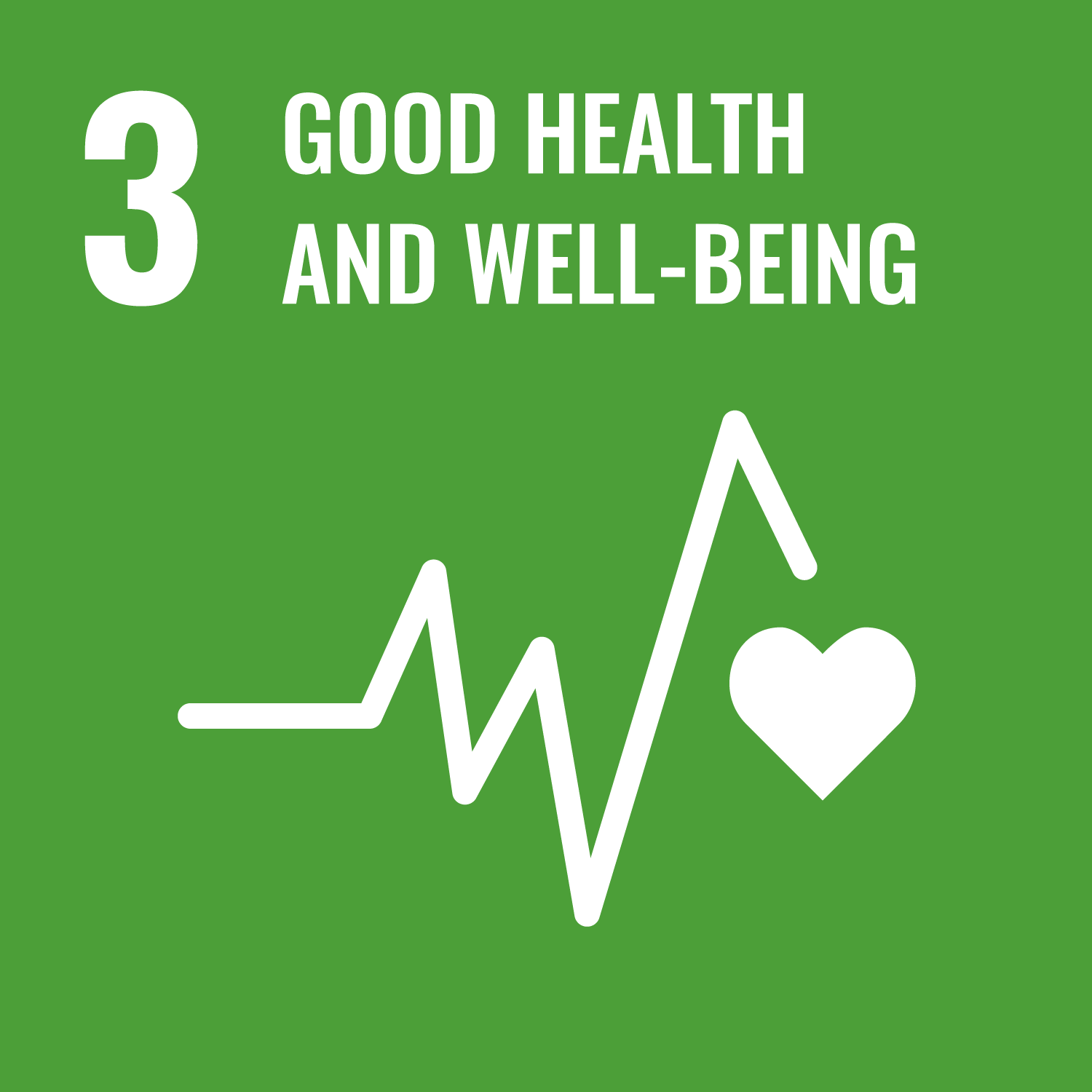Reconnections Worcestershire
Aligned SDGs

- Reconnections Worcestershire
- General overview
- Location
- Involved organisations
- Outcome metrics
- Results
- Other resources
- Spreadsheet of data
- Reconnections Worcestershire
- General overview
- Location
- Involved organisations
- Outcome metrics
- Results
- Other resources
- Spreadsheet of data
General overview
Stage of development: Complete
Policy sector: Health
Date outcomes contract signed: Oct 2015
Start date of service provision: Jul 2015
Anticipated completion date: Jan 2022
Actual completion date: Jun 2022
Capital raised (minimum): GBP 850k (USD 1.30m)
Service users: 1k+ individuals
Intervention
The SIB provides one-to-one tailored support for lonely older people who co-develop an action plan to establish ways in which they can (re)connect with a variety of local support networks. The SIB facilitates this access to services to link individuals with their communities, with activities including: a befriending service to link volunteer ‘friends’ with beneficiaries, links into self-help groups (which contain people of similar age and who are experiencing similar issues), signposting to existing support activities taking place in the local community linked to economic, health, social care and emotional support services. A volunteer based locally works with each beneficiary to help them achieve the actions in their plan and help individuals maintain their connections with activities in the longer term.
Target population
Individuals who are over 50 and score: between eight and 12 on the loneliness scale; or seven on the scale and also demonstrate at least five of the enhanced risk factors including living alone, being single, divorced, never married and living on a low income.
Location
Country
- United Kingdom
Service delivery locations
- Worcestershire, West Midlands
Involved organisations
Outcome metrics
- Metric 1: Average reduction in participant's R-UCLA point score at six months (by between 0.83 and 0.55 points). Comparison to initial score on the loneliness scale R-UCLA.
- Metric 2: Average UCLA points reduction (between 1.02 and 1.39 points) sustained at 6 months.
- Metric 3: Reduction in participant's R-UCLA point score at eighteen months (by between 0.83 and 0.55 points). Comparison to initial score on the loneliness scale R-UCLA.
Results
Outcome achievements
The graph above shows interim results for the project’s outcome achievements. Each bar represents a key participant outcome or metrics. Each metric is detailed above the graph (under the ‘Outcome metrics’ section of this page). Users can hover over the bars to access data on the expectations and achievements for that particular metric. Labels at the top of the bar represent the overall expectations for specific metrics, for the entire life of the project. The coloured section of the bar represents the project’s achievements so far.
Each bar takes the unit of analysis of the metric (if the metric is measured in number of individuals, the bar graph is representing individuals achieving that metric. If the metric is measured in weeks, the bar graph is representing weeks).
A note on targets (or expectations): the graph above shows the latest targets for the project. These targets are based on the best-case scenario expectations for every project. These targets may be different from the targets set at the start, as projects adapt to unexpected challenges or changes in circumstances. In addition, these targets could also work as a ‘cap’ for payments. We offer these parameters as a reference on outcome achievement projections. If projects are under implementation, they are not expected to have achieved any of these targets yet.
Other resources
Spreadsheet of data
Important Notice and Disclaimer on INDIGO Data
INDIGO data are shared for research and policy analysis purposes. INDIGO data can be used to support a range of insights, for example, to understand the social outcomes that projects aim to improve, the network of organisations across projects, trends, scales, timelines and summary information. The collaborative system by which we collect, process, and share data is designed to advance data-sharing norms, harmonise data definitions and improve data use. These data are NOT shared for auditing, investment, or legal purposes. Please independently verify any data that you might use in decision making. We provide no guarantees or assurances as to the quality of these data. Data may be inaccurate, incomplete, inconsistent, and/or not current for various reasons: INDIGO is a collaborative and iterative initiative that mostly relies on projects all over the world volunteering to share their data. We have a system for processing information and try to attribute data to named sources, but we do not audit, cross-check, or verify all information provided to us. It takes time and resources to share data, which may not have been included in a project’s budget. Many of the projects are ongoing and timely updates may not be available. Different people may have different interpretations of data items and definitions. Even when data are high quality, interpretation or generalisation to different contexts may not be possible and/or requires additional information and/or expertise. Help us improve our data quality: email us at indigo@bsg.ox.ac.uk if you have data on new projects, changes or performance updates on current projects, clarifications or corrections on our data, and/or confidentiality or sensitivity notices. Please also give input via the INDIGO Data Definitions Improvement Tool and INDIGO Feedback Questionnaire.